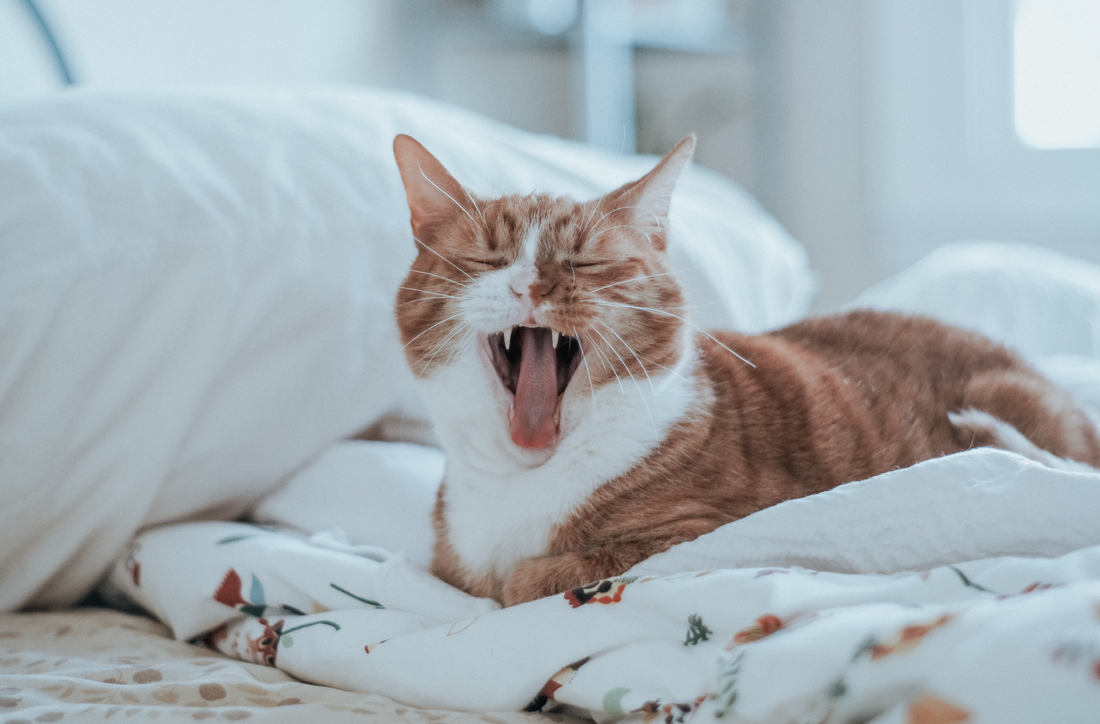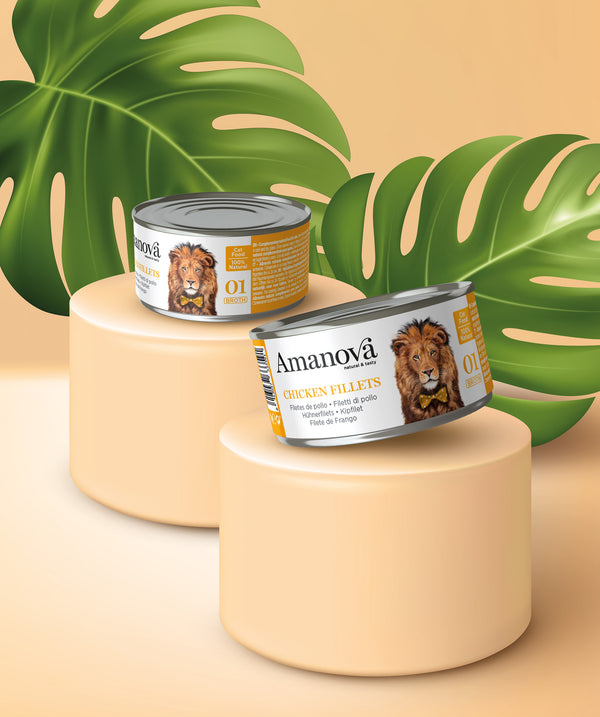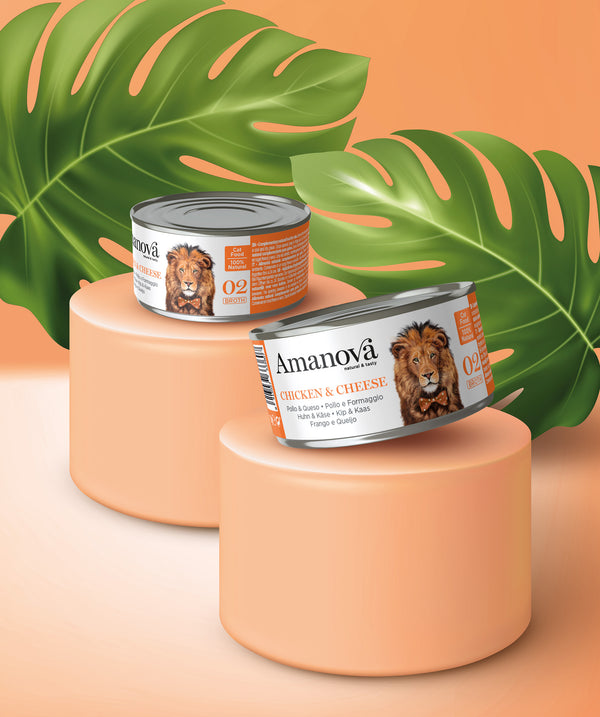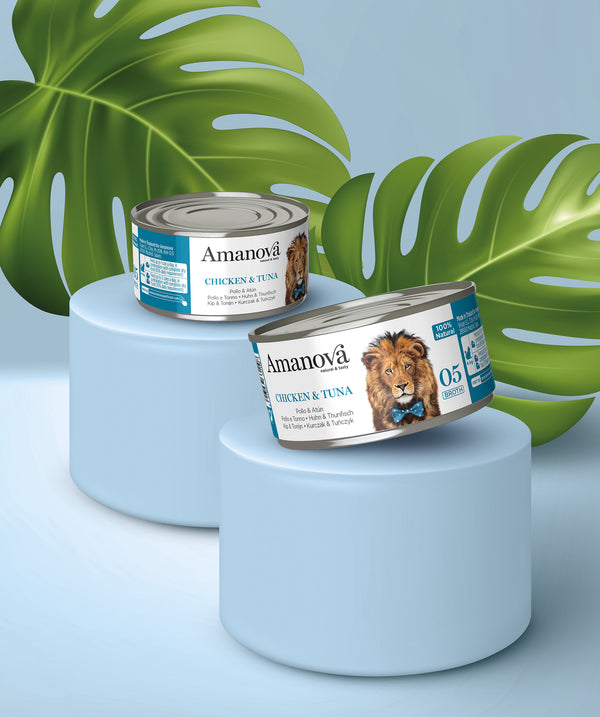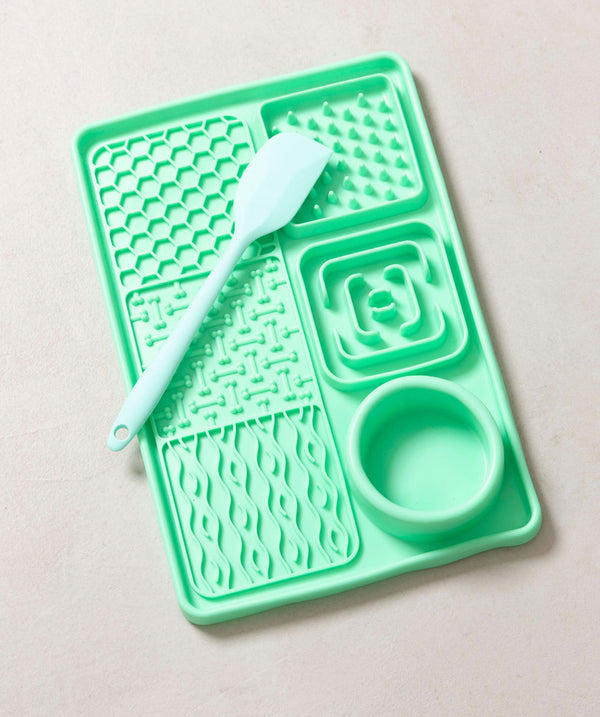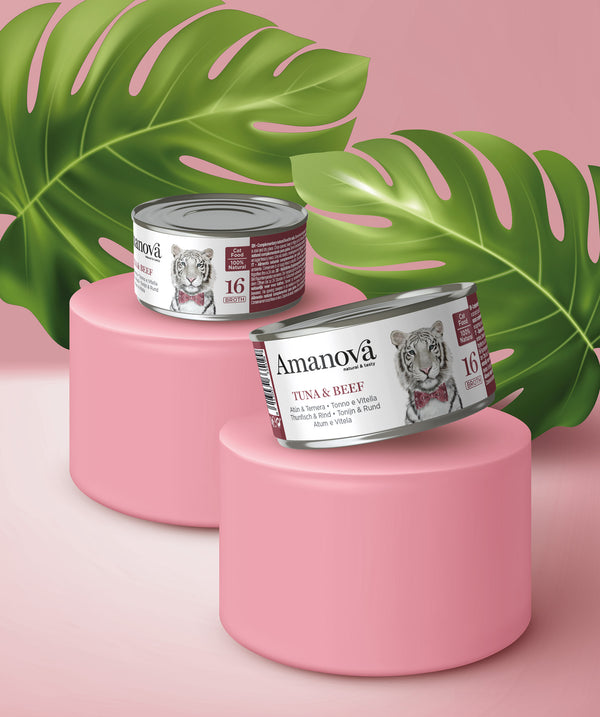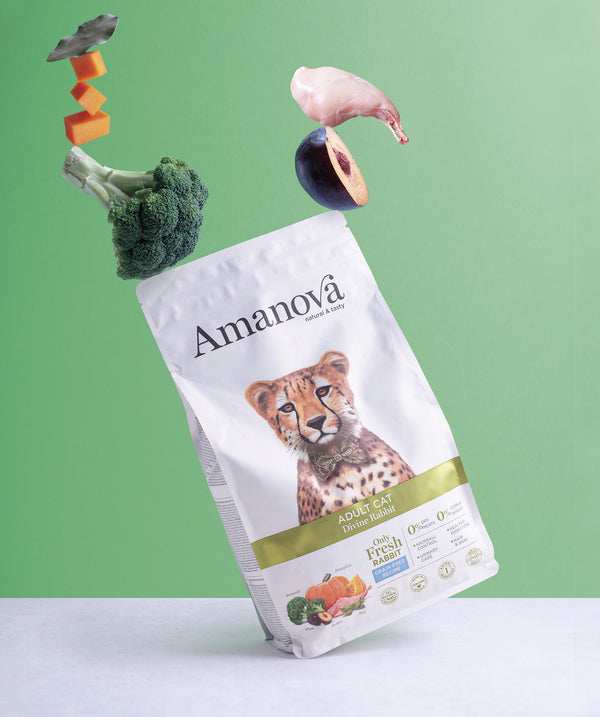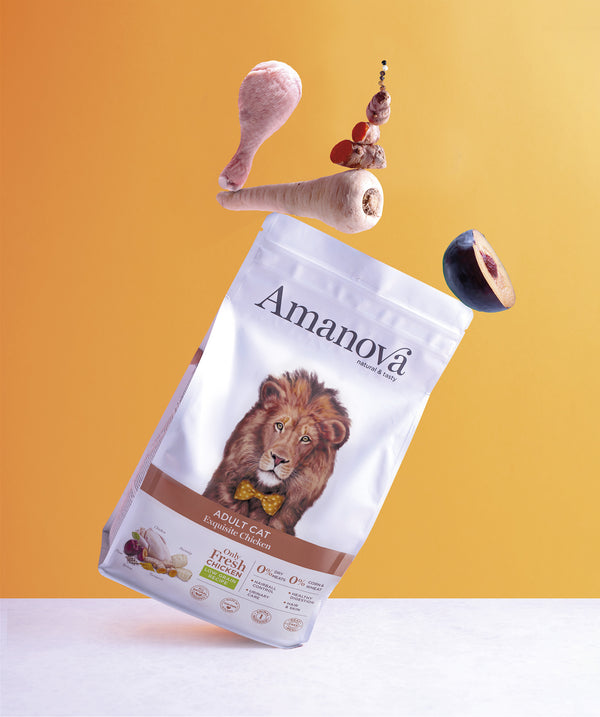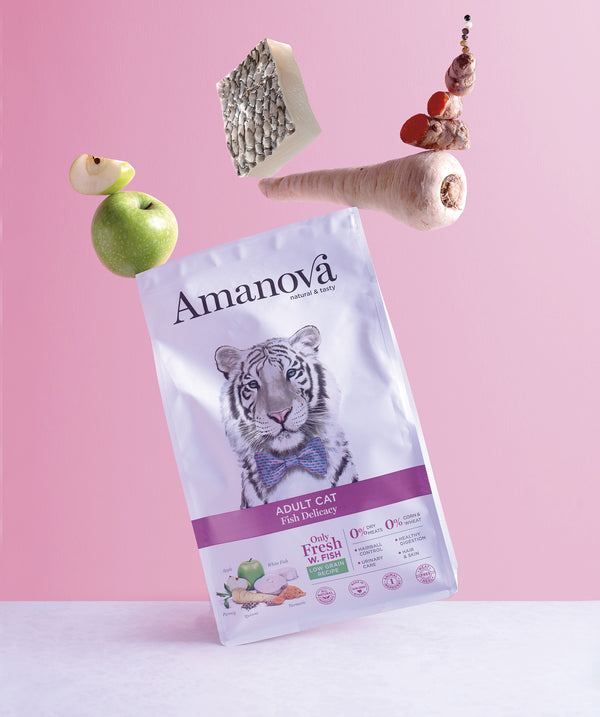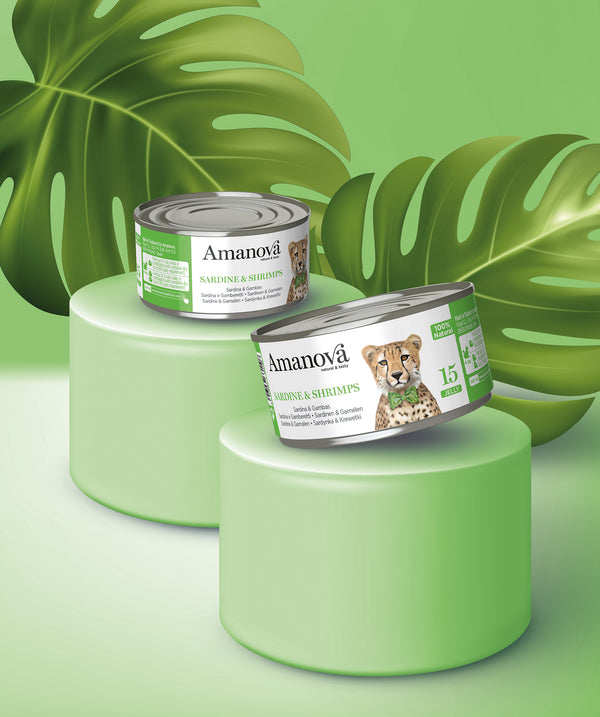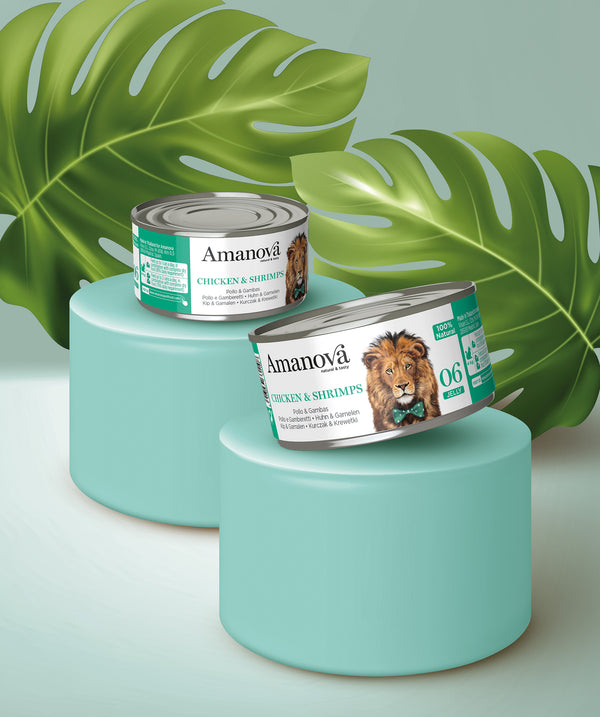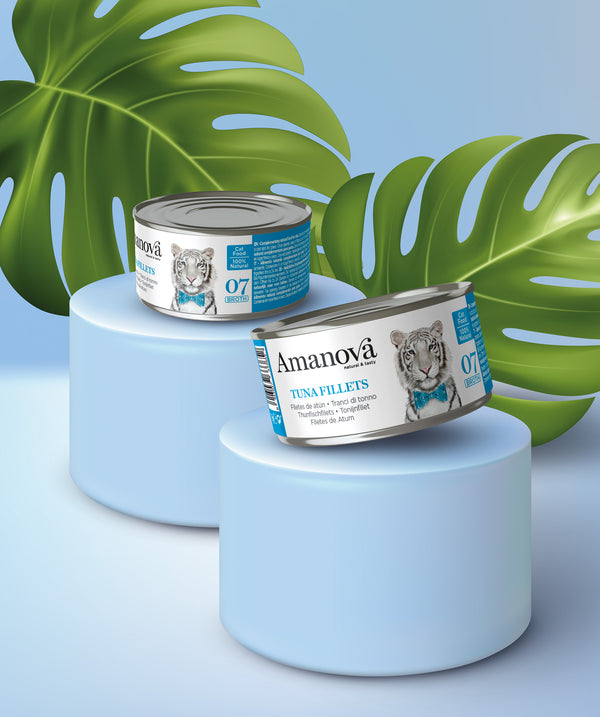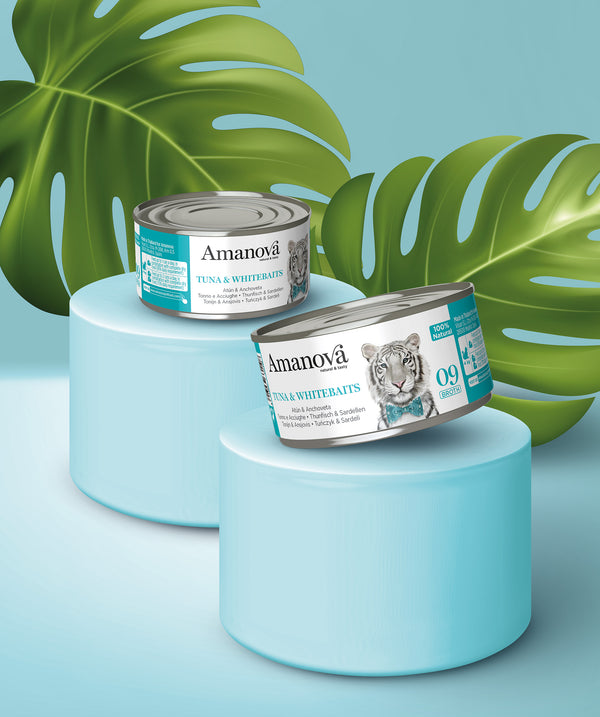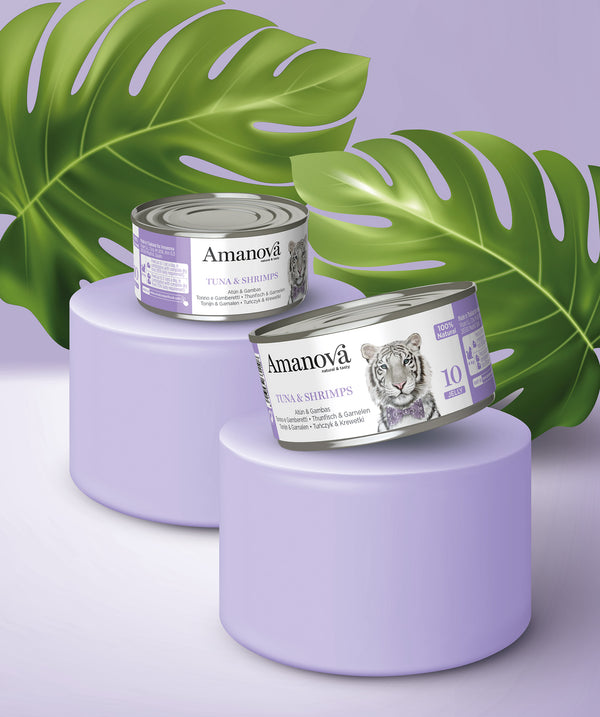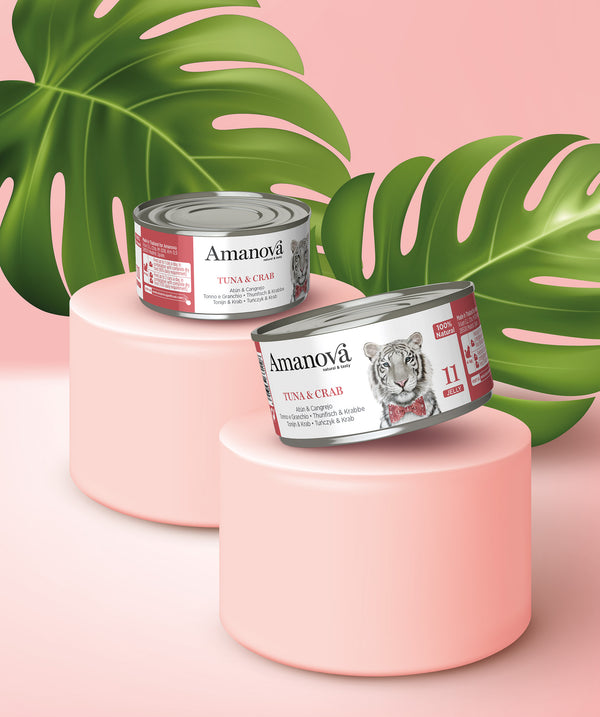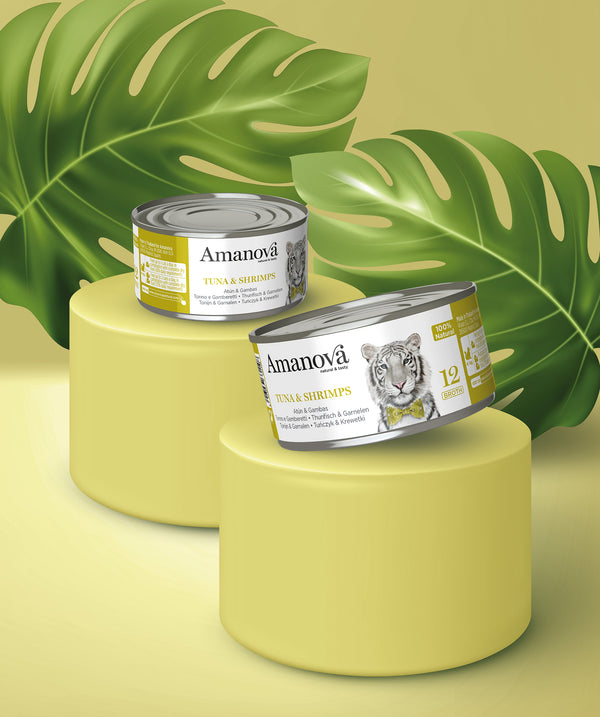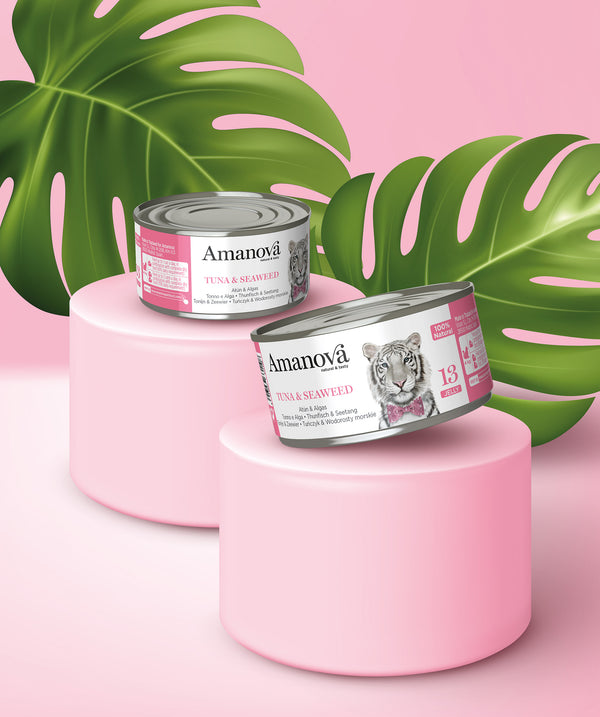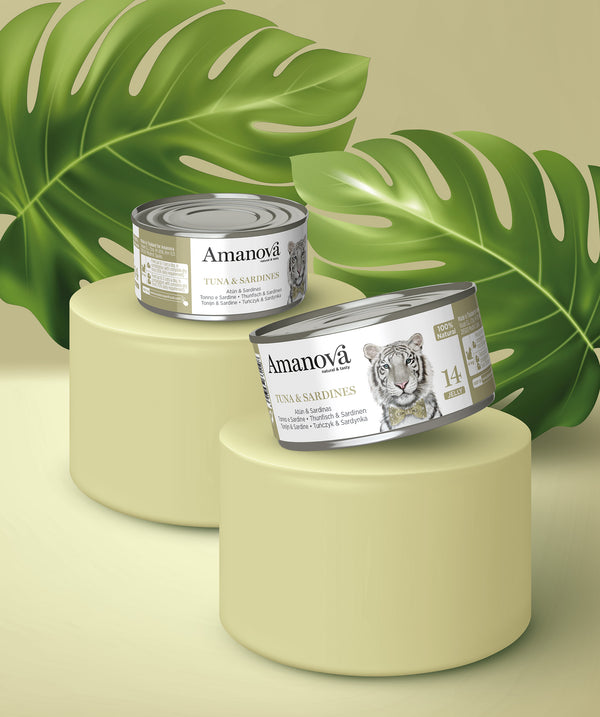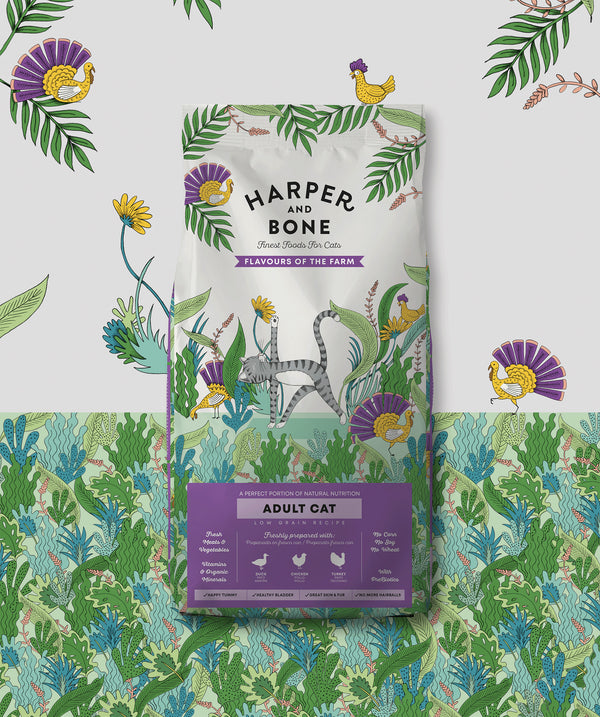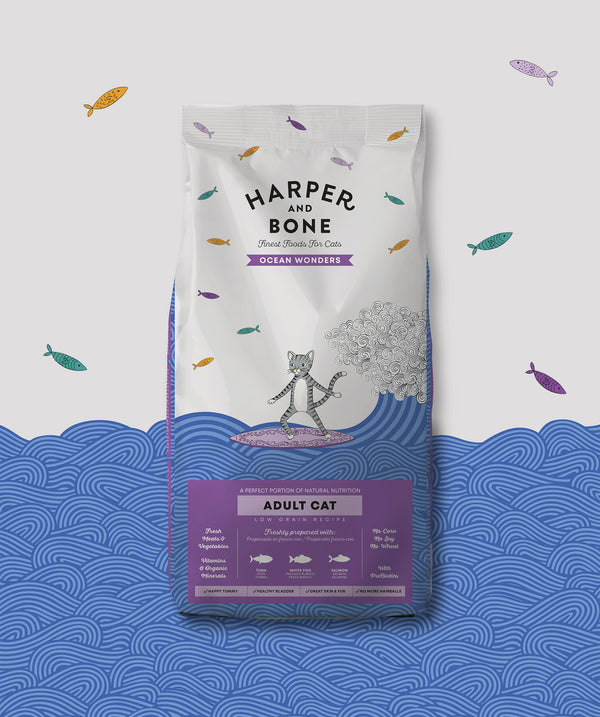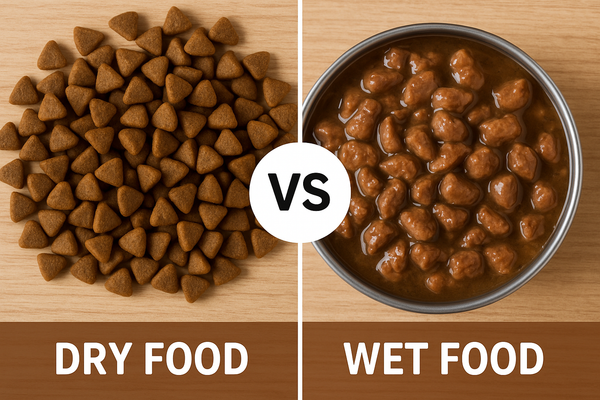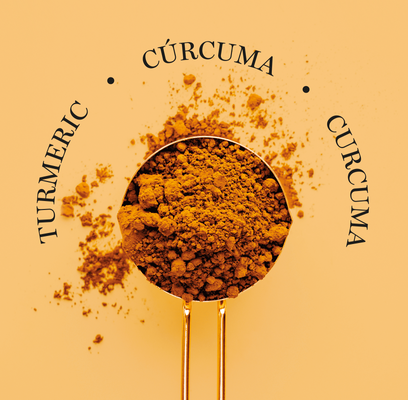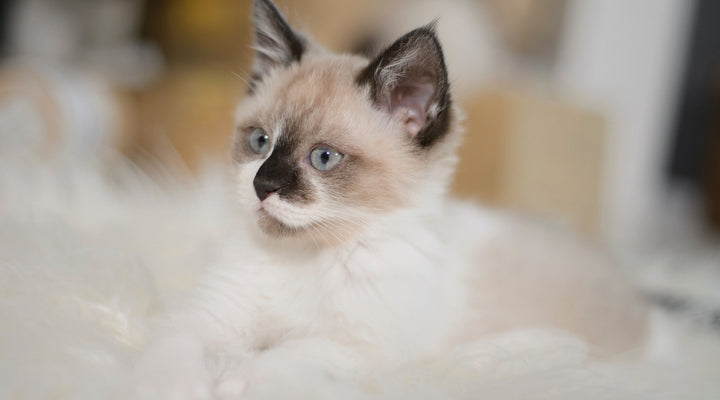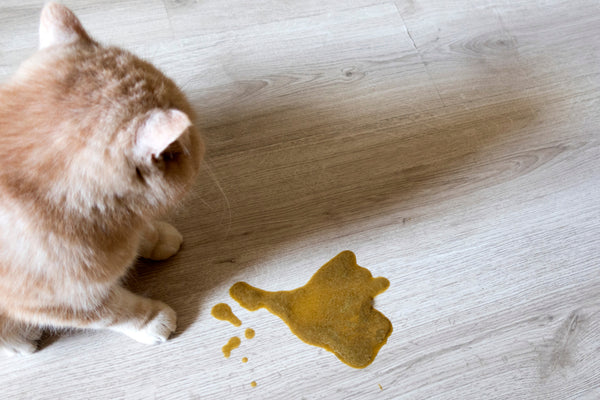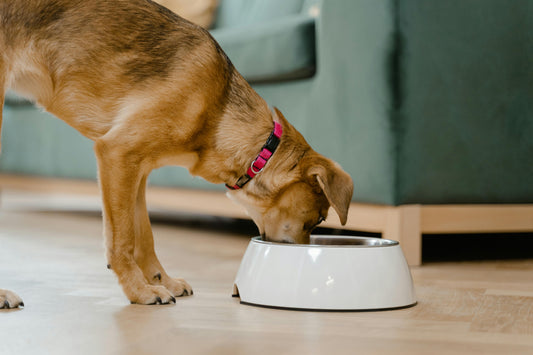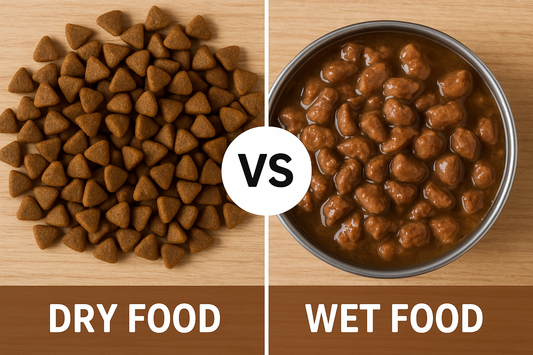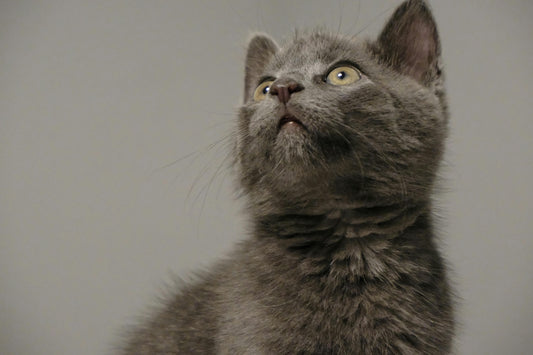Diarrhea in senior cats is a fairly common condition. This is because, as our feline companions age, their digestive system becomes more sensitive. Discover some of the most frequent causes and learn about the appropriate treatment in each case.
Causes of diarrhea in senior cats
The reasons for diarrhea in older cats can vary. Here are some of the main factors behind this condition:
- Diet. Keep in mind that senior cats need more time to adapt to new foods. Sudden changes in their diet can destabilize their digestive balance.
- Intolerances and allergies. Intolerance occurs when the intestine cannot properly digest certain nutrients. Allergies, on the other hand, are an immune system reaction to certain foods.
- Inflammatory Bowel Disease (IBD). In this case, the problem is due to chronic intestinal inflammation, often linked to continued exposure to certain foods that irritate the intestines.
- Infections. Diarrhea can also be caused by viruses, bacteria, or parasites.
- Hyperthyroidism. This condition is common in senior cats. The thyroid gland produces an excess of hormones, accelerating metabolism and making digestion more difficult.
- Problems in other organs. Alterations in the pancreas, kidneys, or liver can negatively affect digestive function.
- Tumors. Intestinal walls and lymph nodes may be affected, leading to impaired nutrient absorption.
Symptoms and possible diagnoses
It is important to observe your cat’s stools when diarrhea occurs. The color of the feces can provide useful information about the underlying cause:
- Reddish. Indicates bleeding in the colon.
- Black. Suggests digested blood from bleeding in the upper intestine.
- Yellow. Indicates that food has not been properly digested and passed quickly through the intestines. It may also suggest liver or pancreatic problems, or an infection.
In addition, the type of stool can help determine where the problem is located:
- Large intestine (colon). Frequent stools with varying size and consistency, sometimes with mucus. If blood is present, it is usually bright red.
- Small intestine. Stools are voluminous and loose. Vomiting may also occur. If there is bleeding, stools will appear black.
In senior cats, diarrhea is considered acute if it lasts for less than two weeks, and chronic if it persists for more than fifteen days.
What to do if my cat has diarrhea?
The measures needed will depend on the underlying cause. If your cat suffers from chronic diarrhea, veterinary intervention is essential. However, if the diarrhea is acute and short-term, you can follow these recommendations:
Acute diarrhea without other symptoms
- Allow your cat’s intestines to rest for 12–24 hours.
- Afterward, offer 3 or 4 small meals throughout the day. Food should be soft and include prebiotics.
- Do not fast your cat for more than 24 hours, as it can lead to liver problems. If your cat refuses food after one day, see your vet.
Acute diarrhea with other symptoms
If your cat shows additional symptoms such as lethargy, vomiting, loss of appetite, or excessive thirst, you should consult a veterinarian immediately. A proper diagnosis will allow the professional to prescribe the right treatment for your cat’s condition.
